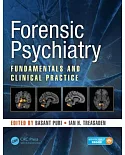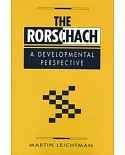Recent experience with interventions designed to promote the well-being of children and to prevent mental health problems has identified particular challenges in families with disordered
parents. These families are often very difficult to engage in mental health promotion and prevention programs, and they may be especially resistant to intervention. The Effects of Parental
Dysfunction on Children explores the current level of knowledge regarding the processes by which a number of parental disorders influence the developmental outcomes of children.Renowned
scientist-practitioners from the United States, Canada, and Australia contributed ten chapters to this volume addressing the topic of the effects of parental behavioral and emotional disorders
on children. The major topics covered by this book focus on children growing up in families in which the parents suffer from major psychosocial difficulties, including schizophrenia,
depression, alcoholism, drug addiction, anxiety disorders, intellectual disabilities, and antisocial personality disorder.This volume is divided into two sections: - Scholarly descriptions of
developmental models for conceptualizing the various risk and protective factors (genetic, biological, and environmental) that play critical roles in the transmission of the effects of parental
disorder to the development of the child; and - Specific parental disorders and their effects on children in the family. These chapters cover descriptive psychopathology, implications for
intervention (both treatment and prevention), and descriptions of intervention procedures.The Effects of Parental Dysfunction on Children is a valuable resource for clinical child
psychologists, developmental psychologists, and family therapists, as well as for graduate-level students in child and family psychology, psychiatry, and social work.





















